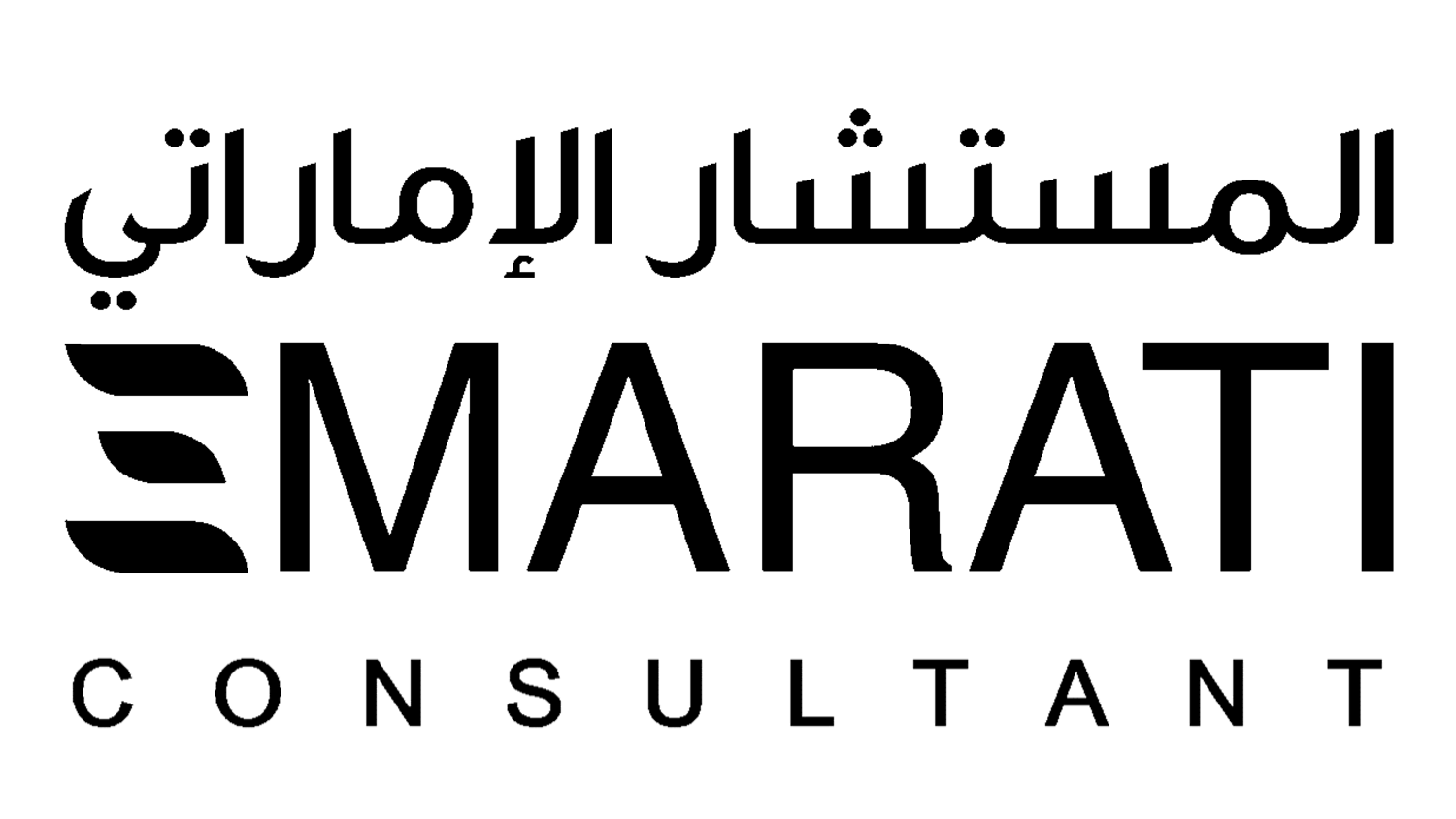Why Choose this Training Course?
Introduction to AI foundational course designed to provide you with a comprehensive overview of Artificial Intelligence (AI). This course is perfect for beginners who are curious about AI and its transformative impact on various industries and everyday life. Whether you’re a student, a professional looking to expand your skill set, or simply an AI enthusiast, this course will equip you with the essential knowledge and skills to understand and engage with the field of AI.
Artificial Intelligence is rapidly changing the world, driving advancements in technology, business, healthcare, and many other fields. This course will demystify AI by exploring its core concepts, techniques, and applications. You will learn about the history and evolution of AI, the different types of AI, and the key technologies that power AI systems. Through a combination of theoretical learning and practical exercises, you will gain a solid foundation in AI and be prepared for more advanced studies or career opportunities in this exciting field.
This training course will highlight the following:
- Comprehensive Overview of AI:
- Gain a solid understanding of what AI is and its importance in today’s world.
- Explore the historical milestones that have shaped the development of AI.
- Understanding Types of AI:
- Learn about the different types of AI: Narrow AI, General AI, and Superintelligent AI.
- Examine real-world examples and applications of each type.
- Core AI Technologies:
- Machine Learning: Understand the basics, including supervised and unsupervised learning, and explore popular algorithms.
- Deep Learning: Learn about neural networks, how they function, and their applications in various fields.
- Natural Language Processing (NLP): Explore language models, speech recognition, and language translation technologies.
- Computer Vision: Understand the basics of image recognition, object detection, and other visual data processing techniques.
- Practical Applications of AI:
- Discover how AI is being applied across different industries such as healthcare, finance, automotive, and more.
- Engage in hands-on exercises and mini-projects to apply AI techniques to real-world problems.
- Ethical Considerations and Societal Impact:
- Discuss the ethical implications of AI development and deployment.
- Understand the societal impacts, challenges, and responsibilities associated with AI.
- Current Trends and Future Directions:
- Stay updated with the latest trends in AI research and technology.
- Explore the potential future advancements and evolving landscape of AI.
- Interactive Learning:
- Participate in interactive lectures and discussions to deepen understanding.
- Engage with practical exercises and projects to reinforce learning and gain hands-on experience.
- Expert Guidance and Support:
- Receive instruction and support from experienced AI professionals.
- Access to a range of learning resources including lecture slides, readings, and supplementary materials.
- Assessment and Certification:
- Regular quizzes and assignments to test your understanding and track progress.
- Complete a final project to demonstrate your grasp of AI concepts and techniques.
- Earn a certificate of completion to validate your AI knowledge and skills.
- Community and Collaboration:
- Join a community of learners and professionals passionate about AI.
- Participate in online forums and discussion groups for peer support and collaboration.
What are the Goals?
- Understand the fundamental concepts and terminology of AI.
- Explore the history and evolution of AI.
- Identify and differentiate between various types of AI, including narrow AI, general AI, and superintelligent AI.
- Gain insights into key AI technologies such as machine learning, deep learning, natural language processing, and computer vision.
- Understand the ethical considerations and societal impacts of AI.
- Apply basic AI techniques to solve simple problems using practical examples and exercises.
- Explore current trends and future directions in AI research and development.
Who is this Training Course for?
- Individuals with little to no prior knowledge of AI who want to learn the basics.
- Students and professionals looking to expand their knowledge in the field of AI.
- Anyone interested in understanding how AI is transforming industries and society.
How will this Training Course be Presented?
- Blended Learning:
- Lectures: A mix of live and recorded lectures to introduce and explain key AI concepts, ensuring flexibility and accessibility for all students.
- Interactive Sessions: Live Q&A sessions, webinars, and interactive workshops to facilitate deeper understanding and immediate clarification of doubts.
- Hands-On Learning:
- Practical Exercises: Regular hands-on exercises and coding assignments to apply theoretical concepts in real-world scenarios.
- Mini-Projects: Incremental projects throughout the course that build on each other, allowing students to gradually develop and apply their AI skills.
- Progressive Complexity:
- Scaffolded Learning: Start with foundational concepts and gradually move to more complex topics, ensuring a clear and manageable learning curve.
- Modular Structure: Each module builds on the previous one, reinforcing earlier lessons while introducing new material.
- Real-World Applications:
- Case Studies: Examination of real-world AI applications across various industries, providing context and relevance to the theoretical knowledge.
- Industry Examples: Analysis of how leading companies implement AI to solve problems and innovate within their fields.
- Resource-Rich Environment:
- Learning Management System (LMS): Centralized platform for accessing all course materials, including lecture notes, readings, exercises, and additional resources.
- Supplementary Materials: Access to articles, research papers, and online tutorials for extended learning.
- Collaborative Learning:
- Discussion Forums: Online forums for peer-to-peer interaction, discussion, and support.
- Group Projects: Collaborative projects to encourage teamwork, idea exchange, and collective problem-solving.
- Expert Guidance and Support:
- Instructor Availability: Regular office hours and online support from instructors to assist with questions and provide guidance.
- Feedback Mechanisms: Continuous feedback on assignments and projects to help students improve and stay on track.
- Assessment and Evaluation:
- Quizzes and Tests: Periodic quizzes and tests to assess understanding and retention of key concepts.
- Assignments: Practical assignments designed to test the application of theoretical knowledge in real-world scenarios.
- Final Project: A comprehensive project that integrates all learned concepts, allowing students to demonstrate their proficiency in AI.
- Introduction to AI
- Overview of AI and its significance.
- Definitions and key concepts.
- Historical milestones in AI development.
- Types of AI
- Narrow AI vs. General AI vs. Superintelligent AI.
- Examples and applications of each type.
- Core AI Technologies
- Machine Learning: Basics and algorithms.
- Deep Learning: Neural networks and applications.
- Natural Language Processing: Language models and applications.
- Computer Vision: Image recognition and analysis.
- Practical AI Applications
- AI in various industries: Healthcare, finance, automotive, etc.
- Hands-on exercises and mini-projects to apply AI techniques.
- Ethical Considerations and Societal Impact
- AI ethics and responsible AI development.
- Societal implications and future challenges.
- Current Trends and Future Directions
- Emerging trends in AI research and technology.
- Future possibilities and the evolving landscape of AI.
Session 1: 11:00-12:30 Dubai [UTC/GMT +4]
Break : 12:30 – 13:00 Dubai [UTC/GMT +4]
Session 2: 13:00 – 14:30 Dubai [UTC/GMT +4]
Certificate of Completion for delegates who attend and complete the course
COURSE REGISTRATION
Kindly email info@emaratic.com for registration or call +971 43 34 6009 for assistance
WANT TO KNOW MORE
Our Training Platforms

Digital Learning

Virtual Learning

Instructor-Led Learning

Blended Learning


